I switched to iPhone after over a decade on Android — this is what happened
I switched to iPhone after over a decade on Android — this is what happened
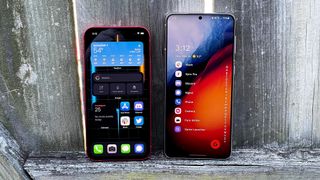
Android vs. iOS, a tale for the ages. These two mobile operating systems dominate the smartphone market, pushing out all other contenders in their bid for control. Where Android is more open, in that anyone can use it with some caveats, iOS is a then-called "walled garden" controlled past Apple.
When both the smartphone industry and I were younger, I was in the Android tribe. I hated annihilation to do with Apple tree and its strict control over iOS. I rooted my Android devices and flashed custom ROMs and kernels. I thought I was in an elite group.
- The best phones right at present
- All-time phone bombardment life: The longest lasting phones
- Plus: Starlink review - how adept is Elon Musk's satellite net?
It wasn't until I matured that I saw the benefits of Apple's ecosystem. I don't find macOS particularly well-suited to my computing needs, but I respect the integration between information technology and iOS. I dear smartwatches, but no Android selection comes close to what the Apple Watch offers. And let's non forget about how long Apple tree supports its devices, especially when compared to Android updates. There'due south a lot to exist said for that.
Curiosity got the better of me once iOS 14 came out last year, so I saved up some money and bought a used iPhone 8. I replaced the battery at a nearby Apple Store and went along my merry way. Suffice to say, it was a strange and interesting feel seeing what the "other side" was similar.
Switching to iPhone: What I liked
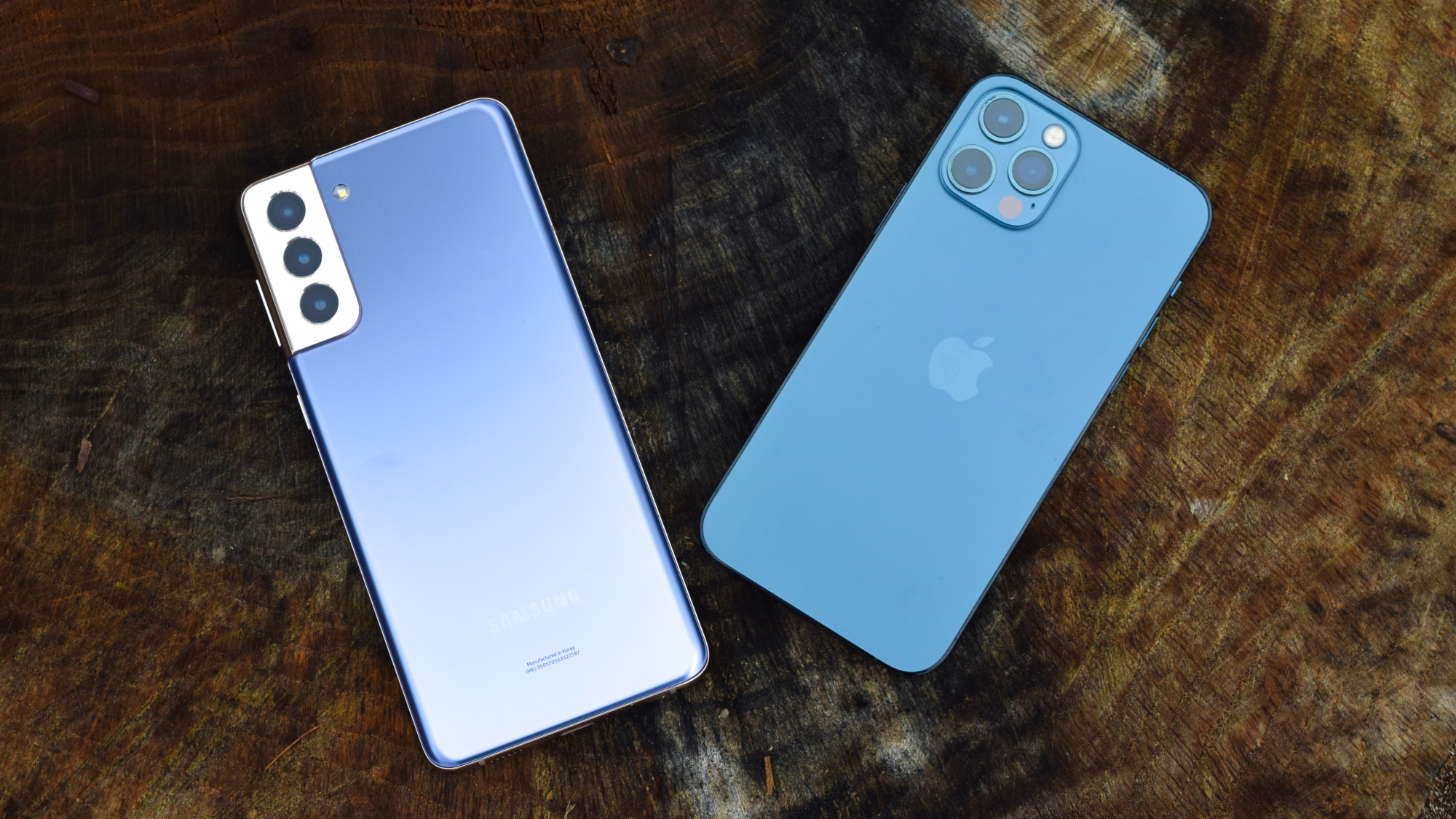
Since getting my iPhone 8, I started here at Tom's Guide and got a chance to use both an iPhone 12 and iPhone 12 Pro. All 3 iPhones that I have are beautifully-built, wonderfully-engineered devices. The iPhone eight is sleek and feels paper thin. The iPhone 12 and 12 Pro have those sharp edges and a heft to them, making for solid pieces of metallic and glass. The displays on the newer phones are awesome and agree up quite well next to the Galaxy S21 and Galaxy S21 Plus that I've likewise used.
In other words, Apple tree makes some fine phones. That doesn't mean that you lot can't find something equivalent in the Android ecosystem, only even Apple's $399 iPhone SE, which uses the aforementioned body every bit the iPhone 8, feels nice.
Having spectacular hardware is fine and all, but while you lot tin can beloved the way your phone looks and feels, it'south the software that determines its usability. This has ever been a sticking point for me — I liked Apple tree'due south hardware, but iOS felt too cluttered to me. The lack of an app drawer, beingness stuck with Apple's apps by default, and the lack of dwelling screen widgets were all office of what I didn't think I could stand. As I mentioned earlier, iOS 14 convinced me to reconsider, to see if I could actually live with iOS after using Android since the first Android phone, the HTC G1.
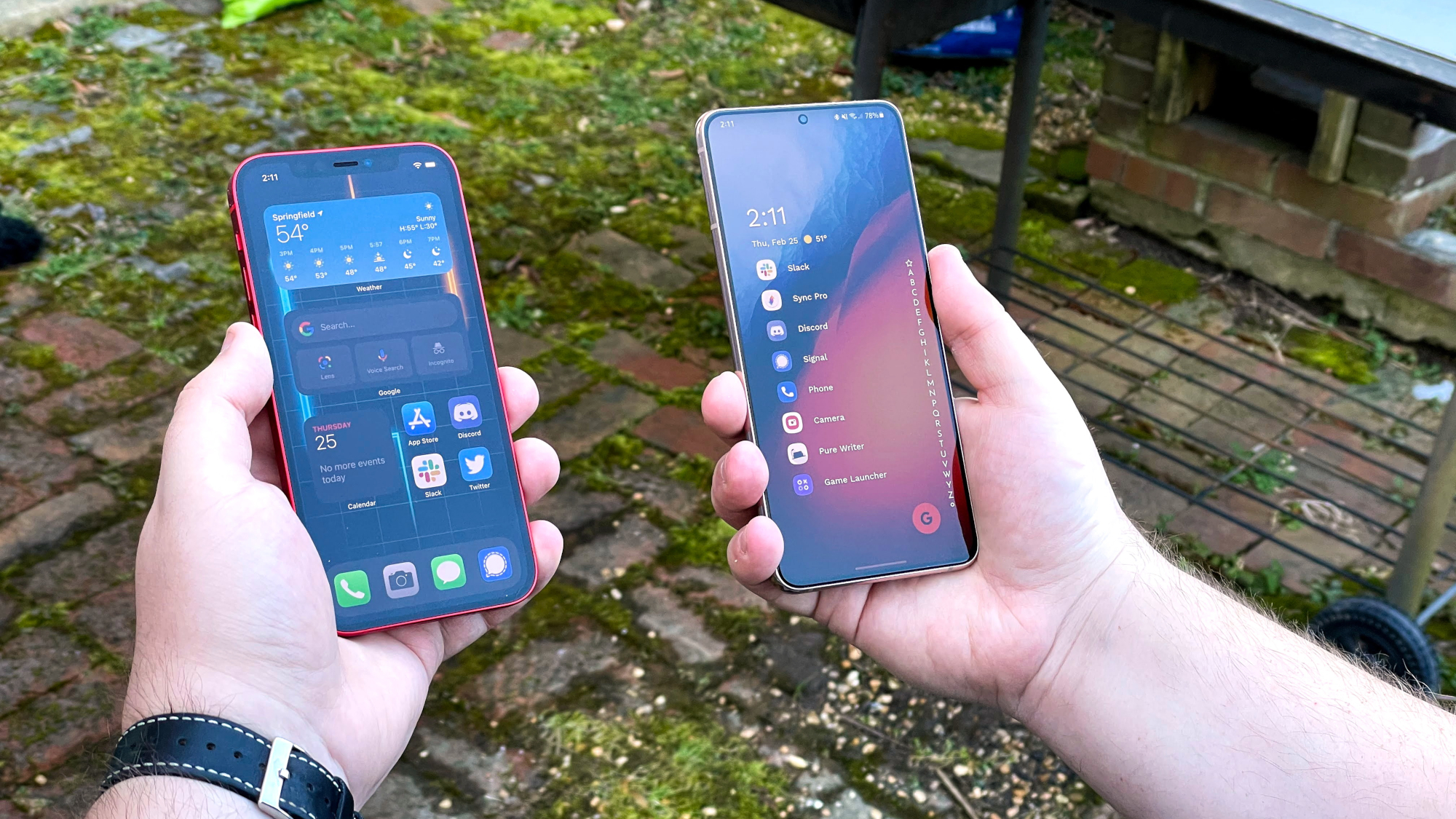
Using iOS for the first time, I had no thought what I was doing. I like to think that I can learn new technology pretty chop-chop, but nevertheless, Apple does an excellent job with new user onboarding. From setting up TouchID to installing some apps, the process was seamless. Setting upward a new Android telephone for the very first time isn't as easy by comparison. Granted, if you're restoring the iPhone or Android device from a backup, they both feel pretty like. Only from a strictly new user perspective, iOS takes a stride ahead.
Speaking of apps, the selection and quality available in the App Shop handily beats the Play Store. Using the same apps on both my iPhone and Android phone — for example, DS File for my Synology NAS or my banking app — I was blown away by the differences. The ones on iOS looked beautiful and had a cohesive design language. Whereas with Android, you might find some apps that utilise Fabric Blueprint, like most of Google'southward suite, but dissimilar applications can feel disparate.
As well, sheer app operation on iOS feels improve for the about part. Accept my cyberbanking app, USAA. On Android, information technology'south clunky and slow with choppy animations and sluggish transitions, fifty-fifty on a Galaxy S21 Plus. On iOS, the app runs as polish equally butter. Information technology not only looks nicer in subtle ways, only information technology feels similar it works better than its Android analogue. I'k using the latest and greatest when it comes to Android and some apps still slog, take forever to open, or hang when I tap their notifications. The latter complaint might exist addressed with Android 12, only we'll take to see how many app makers actually take reward of it.
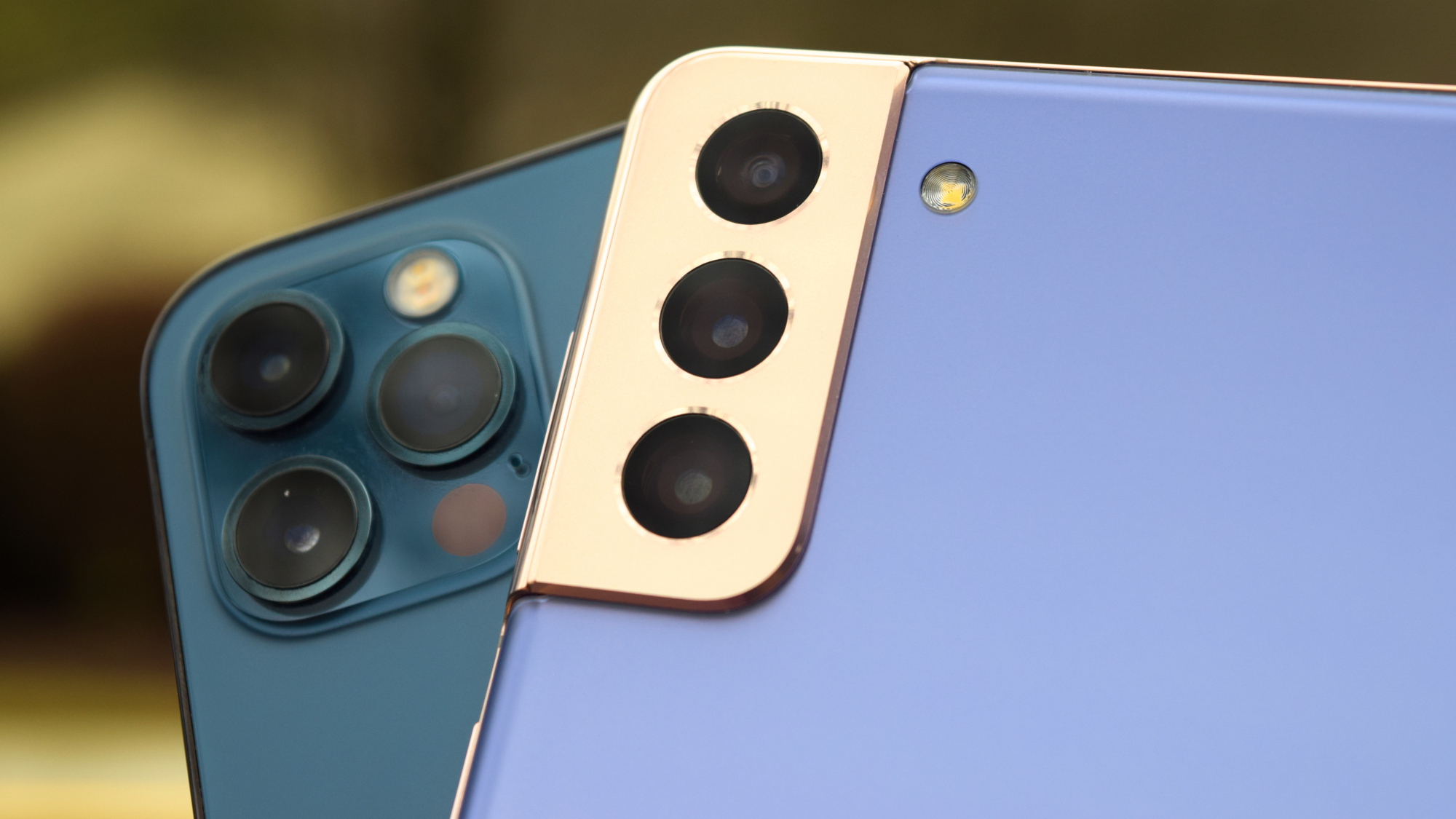
That leads me to what makes iOS work so well: its cohesive design. Everything feels similar it belongs when y'all employ iOS. Apps work in much the same way, gestures on the iPhone 12 and 12 Pro are integrated beautifully, and the Bone itself seems to focus on working right out of the box. Certainly, iOS isn't without fault, but I like the sense that my iPhone will work when I pick it upwards and slot in my SIM. Particularly coming from mostly Nexus, OnePlus, and Pixel phones, I expect something on an Android device to exist weird or go haywire.
While Android doesn't lack for app availability or variety, iOS simply has higher quality versions in my experience, in addition to apps that are unique to the App Store. This isn't meant to detract from the incredible apps that you lot can download from the Play Store. I use several wonderful indie apps daily on my Android devices that I wish I could find on iOS (like Pure Writer, a markdown editor).
Switching to iPhone: What I didn't like
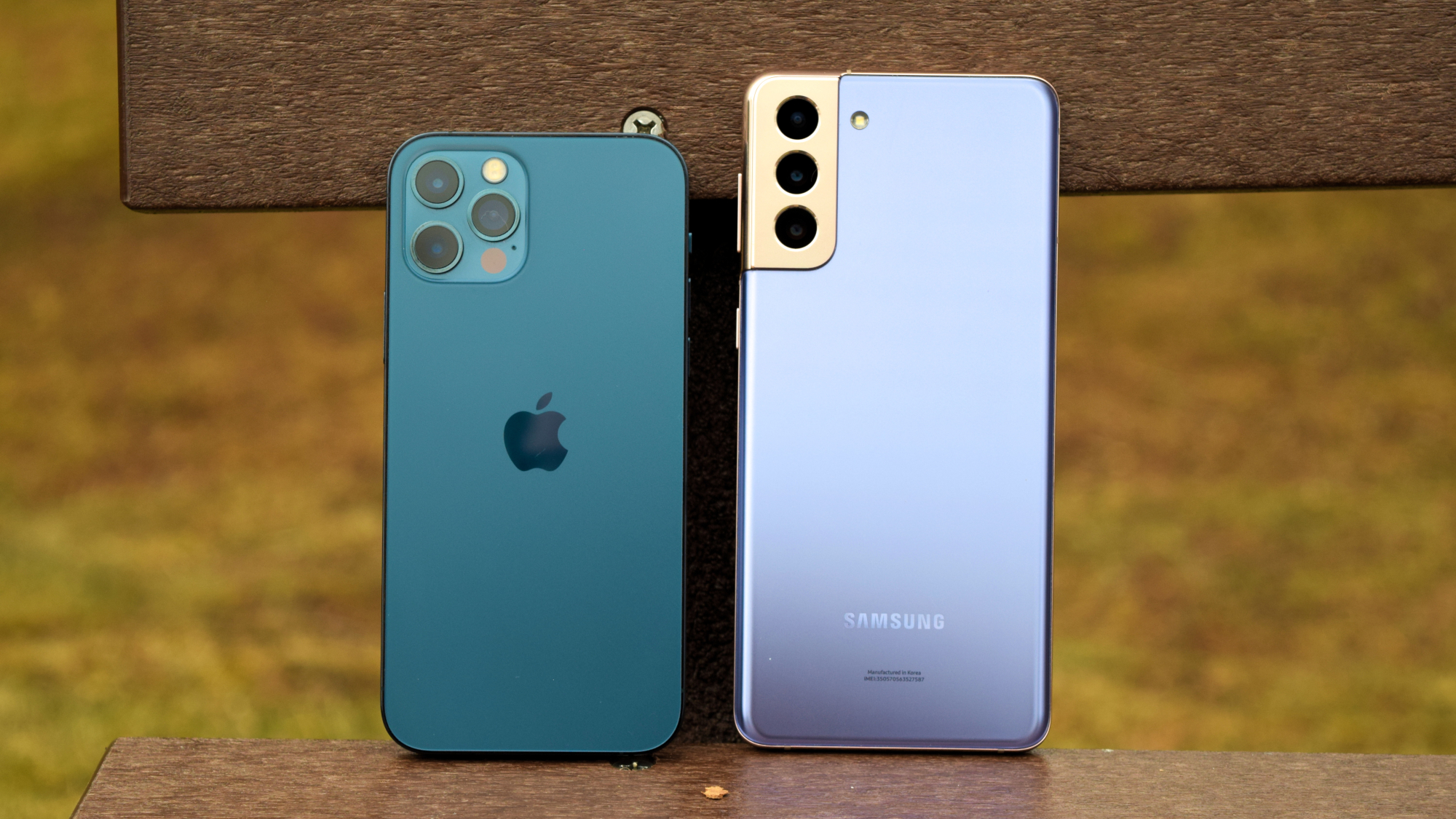
Yous might think that I've go an iOS catechumen. Although I do enjoy using the iPhone 12 Pro (peculiarly given how compact it is), I yet primarily apply Android. I have several reasons for this, even if I question myself every other day.
My choice to use Android comes down to notifications. Even outside of my job here at Tom's Guide, I receive a lot of notifications in a day. 1 way I stay on top of them is by doing triage in the notification shade — deleting emails, replying inline to Signal or Discord messages, and then on. I as well like Android xi'south notification grouping, making it easier for me to run into what'south important. And, of course, nosotros can't forget about Clear All to get rid of anything remaining.
In contrast, I have a much harder time doing the same things in iOS. Information technology took me a bit to figure out long pressing on a notification to get a menu, only the process feels clunkier and less efficient than doing information technology on Android. How iOS groups notifications withal baffles me, too.
Although Apple tree lets you set a 3rd-party keyboard in iOS, the process doesn't always piece of work right. I prefer Gboard, but iOS will become back to its default keyboard when entering passwords or at random times. Information technology doesn't help that the large keyboard switching icon in the bottom left corner is very easily pressed, either.
Apple is loosening its grip on iOS slowly but surely. I replaced Safari with Chrome equally my default browser and set up ProtonMail equally my default email client, only I'm still stuck with using Signal separately from the default SMS app. On Android, all of my chats, including texts, are in the same app and easier to manage. But if I'thousand using an iPhone and a Signal contact can merely send me an SMS, I receive the chat outside of Signal. It's a nitpicky thing, but something I notice frequently.
Switching to iPhone: Outlook
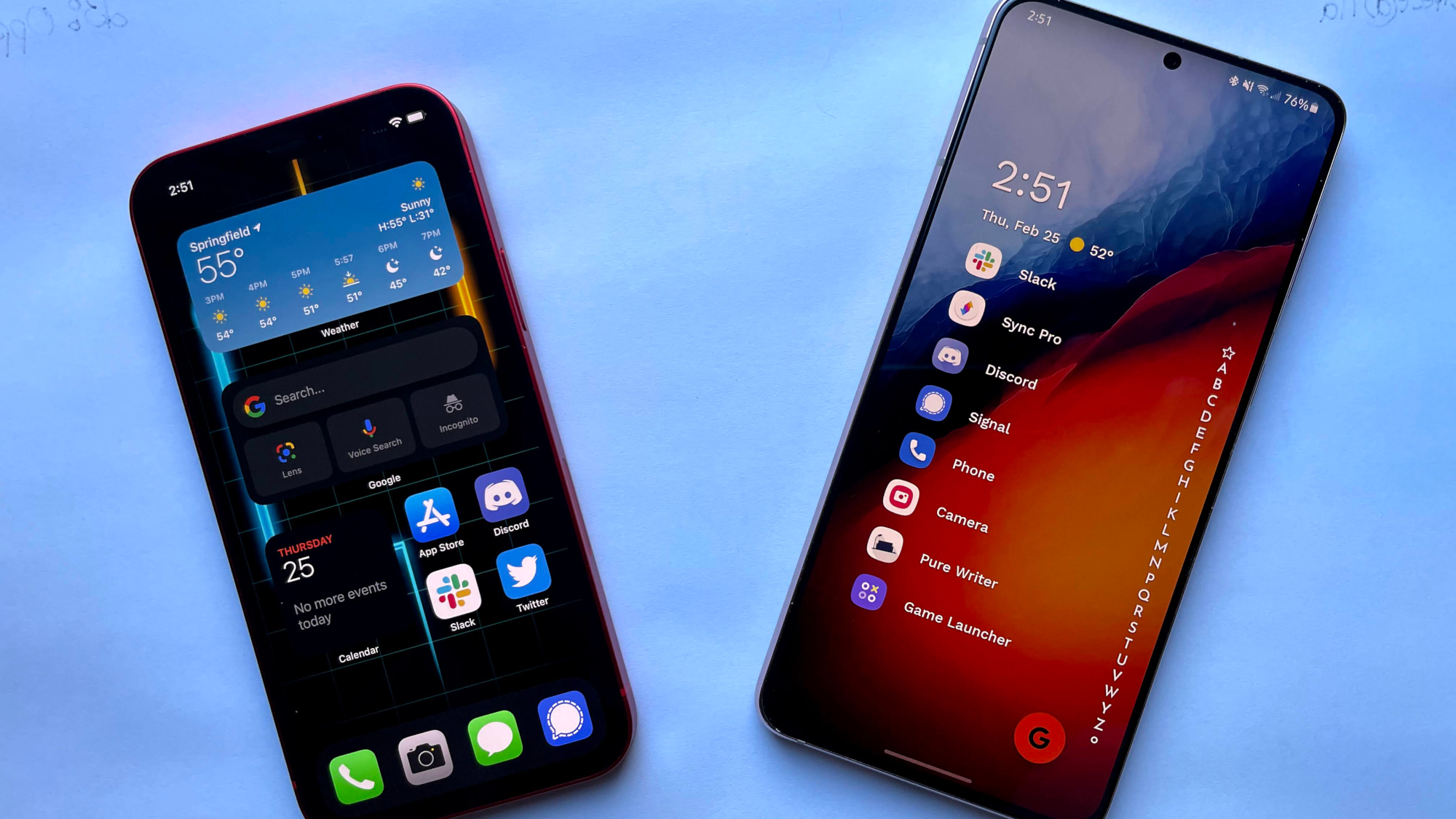
Change is hard to take sometimes and it's not like shooting fish in a barrel going outside of your condolement zone. That's how I feel about the Android vs. iOS debate. Android is what I'1000 familiar and comfortable with, simply Google's software isn't perfect. Even on the loftier-performing phones, Android tin can have hiccups, stutters, and delays because of app inconsistency and retention mismanagement. Unless you lot're on a Pixel, updates can also be a scrap of a mess, even if some of the OEMs are getting meliorate at rolling out timely updates.
Correct at present, I consider myself platform-agnostic. Android does certain things meliorate, whereas iOS has its own strengths. It is dainty, even so, that no matter what iPhone I pick upwardly, the handset will work like the others for the most part, with a consistent user feel. I take withal to see a hiccup, stutter, or delay when opening and using apps on iOS. In all honesty, part of me likes using the iPhone 12 Pro more than the Galaxy S21 Plus that's my current daily driver — y'all tin can read my full Galaxy S21 Plus vs. iPhone 12 Pro breakdown for why that is.
As it stands, I switch between Android and iOS oftentimes, though the more I apply the iPhone 12 Pro, the more I'thousand convinced to make information technology my primary phone. Android and I get mode dorsum, and information technology'due south in a great spot correct at present, simply I need to let go of useless loyalties and nostalgia to make certain I'one thousand using the best device for me.
- More than: Milky way S21 vs. iPhone 12
Source: https://www.tomsguide.com/opinion/i-switched-to-iphone-after-over-a-decade-on-android-this-is-what-happened
Posted by: rodriguezdrecandlere.blogspot.com


0 Response to "I switched to iPhone after over a decade on Android — this is what happened"
Post a Comment